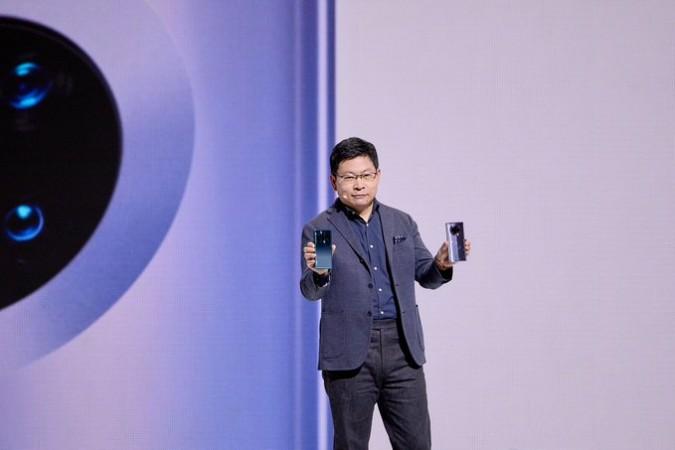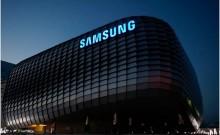Huawei has consistently managed to be in the top 3 smartphone manufacturers in the world and it recently overtook Apple to become the second-largest smartphone maker globally. Ahead of the Mate 30-series launch, Huawei was met with a serious obstacle that prevented the Chinese tech giant from shipping its new flagships with Google's services. But there seems to be a workaround.
Huawei launched the Mate 30, Mate 30 Pro in Munich on Thursday, powering the phones with Android 10-based EMUI 10. But the flagships did not have any Google apps and services, most importantly the Play Store or any of the popular apps like Gmail and YouTube. Huawei also failed to address the elephant in the room during its Mate 30-series launch presentation, but clarified a few things in a separate interview.
Huawei CEO Richard Yu, responding to the questions during an interview with the press post the launch, shared his optimism regarding the success of the Mate 30-series despite the phones coming without Google services. Yu said that customers in Asian and Middle East markets will still buy the new Mate phones without Google apps and services because the devices are so great, GSMArena reported.

"We have no other choice... we were forced to do this... companies, partners, carriers also understand us," Yu was quoted as saying and confirming that carriers will sell the new Huawei phones despite the limitations.
With Google's services out of the picture, the Mate 30 and Mate 30 Pro users will have to source their apps from Huawei's App Gallery. According to the report, Yu also hinted at side-loading Google's services, but Huawei is not permitted to do so out-of-the-box.
Huawei is also luring developers to ensure it can sustain the US ban by offering incentives for hosting their apps in Huawei's App Gallery. The Chinese smartphone maker is offering developers to keep 85 percent of the app revenue generated via Huawei's App Gallery. That sure seems like a lot, but Google and Apple charge 30 percent of the revenue cut from app developers in addition to a one-time charge. There's no clarity on whether developers will be asked to pay upfront to host their apps in Huawei's App Gallery, but it's highly unlikely as it is just starting to build the database.

Huawei is banking heavily on the Mate 30-series sales in its home country as China doesn't rely on Google services at all. It makes sense for the company to bring the new phones there before any other market. Moreover, Huawei released the European pricing for Mate 30, Mate 30 Pro and Mate 30 Pro 5G, but kept the availability details under wraps.
It is possible Huawei might be hoping the China-US trade war comes to a halt, giving Huawei a free pass to use Google's services again. If that happens, Huawei will no doubt scrap the contingency plan to start offering Google apps and services in its Mate 30-series.









